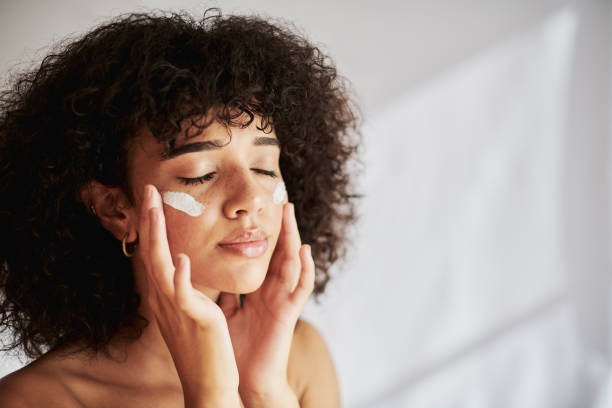The Ultimate Guide to Effective Skin Care: Achieving Healthy, Radiant Skin
Skin care is an essential aspect of overall health and well-being. A proper skin care routine can help maintain healthy, glowing skin while addressing various concerns such as aging, acne, and environmental damage. This comprehensive guide will explore the fundamentals of skin care, effective treatments, and best practices for achieving and maintaining optimal skin health.

What are the basic steps of a good skin care routine?
A solid skin care routine typically consists of four main steps: cleansing, toning, moisturizing, and sun protection. Cleansing removes dirt, oil, and impurities from the skin’s surface. Toning helps balance the skin’s pH and prepare it for better absorption of subsequent products. Moisturizing hydrates and nourishes the skin, while sun protection shields it from harmful UV rays. Depending on individual needs, additional steps like exfoliation and targeted treatments may be incorporated.
How does skin type affect skin care choices?
Understanding your skin type is crucial for selecting appropriate skin care products and treatments. There are five main skin types: normal, dry, oily, combination, and sensitive. Normal skin is well-balanced and requires basic maintenance. Dry skin needs extra hydration and nourishment. Oily skin benefits from oil-free, non-comedogenic products. Combination skin may require different treatments for different areas of the face. Sensitive skin demands gentle, fragrance-free formulations to avoid irritation.
What are the most effective ingredients for skin health?
Several key ingredients have been proven effective for promoting skin health. Retinoids, derived from vitamin A, help with cell turnover and collagen production. Vitamin C is a powerful antioxidant that brightens skin and protects against environmental damage. Hyaluronic acid provides intense hydration, while niacinamide helps with acne, redness, and hyperpigmentation. Alpha-hydroxy acids (AHAs) and beta-hydroxy acids (BHAs) are excellent for exfoliation and unclogging pores.
How can common skin concerns be addressed through skin care?
Various skin concerns can be effectively managed through targeted skin care approaches. For acne, ingredients like salicylic acid and benzoyl peroxide can help clear breakouts. Fine lines and wrinkles can be addressed with retinoids and peptides. Hyperpigmentation can be treated with ingredients like vitamin C, kojic acid, and hydroquinone. For dry or sensitive skin, ceramides and colloidal oatmeal can provide soothing hydration.
What role does diet and lifestyle play in skin health?
Skin health is not just about topical treatments; diet and lifestyle factors play a significant role as well. A balanced diet rich in fruits, vegetables, and omega-3 fatty acids can promote healthy skin from within. Staying hydrated by drinking plenty of water is essential for maintaining skin elasticity. Regular exercise improves circulation, which can contribute to a healthy glow. Adequate sleep and stress management are also crucial for optimal skin health.
What are some professional skin treatments worth considering?
For those looking to enhance their skin care routine, various professional treatments are available. Chemical peels can improve skin texture and tone by removing dead skin cells. Microdermabrasion helps with exfoliation and stimulates collagen production. Laser treatments can address issues like hyperpigmentation and acne scars. Facials provide deep cleansing and nourishment, while dermal fillers and Botox injections can temporarily reduce the appearance of wrinkles.
| Treatment | Provider Type | Average Cost Range |
|---|---|---|
| Chemical Peel | Dermatologist/Esthetician | $100 - $600 |
| Microdermabrasion | Dermatologist/Esthetician | $75 - $300 |
| Laser Treatment | Dermatologist | $200 - $3,000 |
| Professional Facial | Esthetician | $50 - $200 |
| Dermal Fillers | Dermatologist/Plastic Surgeon | $600 - $2,000 |
Prices, rates, or cost estimates mentioned in this article are based on the latest available information but may change over time. Independent research is advised before making financial decisions.
Effective skin care is a combination of understanding your skin’s unique needs, using appropriate products and treatments, and maintaining a healthy lifestyle. By following a consistent routine tailored to your skin type and concerns, you can achieve and maintain healthy, radiant skin. Remember that patience is key, as it often takes time to see significant improvements in skin health. If you have persistent skin issues or concerns, consulting with a dermatologist can provide personalized guidance and treatment options.
This article is for informational purposes only and should not be considered medical advice. Please consult a qualified healthcare professional for personalized guidance and treatment.




